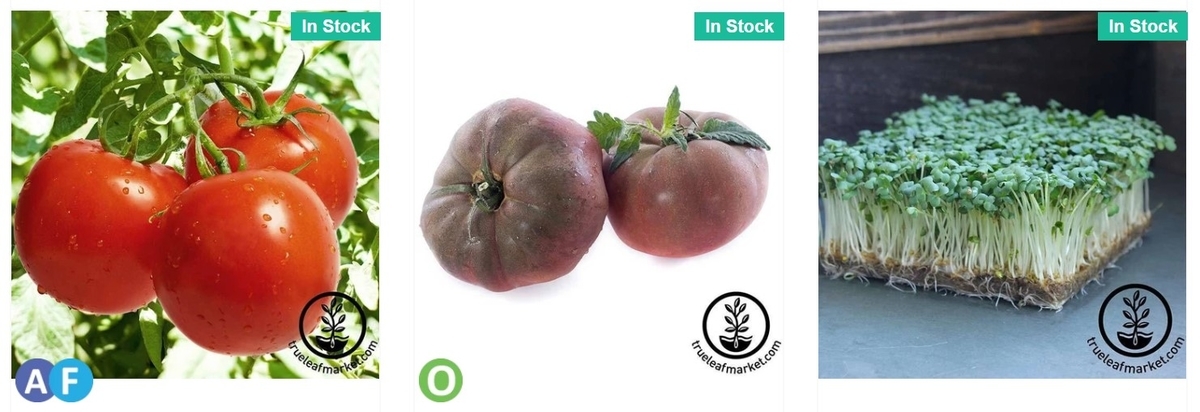The Difference Between Hybrid and Non-Hybrid Seeds
What is a Hybrid Seed Plant?
Even though you are an enthusiastic gardener, chances have you been either buy your seeds locally or order them from one of the major seed companies, such as Gurney's or Burpee. Odds are also good that the seeds you get and grow are, or virtually all, hybrid seeds. While a cross seed may produce truly outstanding plants and vegetables, you can't save a cross seed from the vegetables they produce to plant another season (like our ancestors did for centuries). But what precisely is a hybrid seed? If a seed breeder observes a especially good habit in a certain plant, though the plant did poorly in the warmth, but another plant did well in the warmth but was with a lack of other good qualities, the plants would be studied and self-pollinated, re-sowing the seed every year until identical plants reappear each time. Once this occurs, it is called the "pure line." If the breeder now took two of the pure line plants, and cross-pollinated the two, the end result would be the F-1 hybrid, which can look and taste terrific, but once your harvest is over...your harvest is over.
The Difference Between Hybrid and GMO
A significant distinction between hybrid seeds and genetically modified seeds is that a hybrid could be the cross between two of the same TYPE of plant or animal. (animals are typically called crossbreeds) in an attempt to obtain a more vigorous plant or animal. Even in this kind of cross-breeding, there might be consequences. As mentioned, hybrid seeds won't reproduce, and some hybrid garden seeds animal offspring (such as mules) are sterile. Genetically modified foods are messed with at probably the most basic genetic level, meaning a scientist may insert the genes of a flounder into strawberries to help make the strawberry more frost resistant. Genetically modified organisms are almost without exception crosses which could NEVER occur in nature.

Non-Hybrid and Heirloom Seeds
The definition of "heirloom" is basically just refers to the older kinds of non-hybrid seeds. Both non-hybrids and heirlooms will produce plants which are true to the parent plant because there has been no blending of genes. These seeds can be saved from year to year, meaning you'll never be without seeds, or the resulting food. Heirloom seeds tend to have their own special brand of built-in hardiness, because they've been used year after year in a particular location, allowing them to develop a resistance to local diseases and insects along with adapt well to the local climate and soil. The necessity to preserve our heirloom and non-hybrid seeds is important, and is a major component of sustainability. By planting and collecting seeds from these long lines of food producers, we ensure the continuity of our food supply. Apart from the advantage of having food each year as opposed to only 1 year, a lot of people prefer the flavor of heirloom varieties and these gems have already been found to own substantially more nutrition than either the hybrid or the GMO.
GMO Foods
Some studies are now actually suggesting that the body does not recognize genetically modified food to be food. The process of combining inter-species genes, referred to as recombinant DNA technology lacks the checks and balances imposed of course in traditional breeding, leading to genetic instability. The fact is no one can make any type of accurate prediction concerning the long-term aftereffects of GM food on our anatomies and our environments.